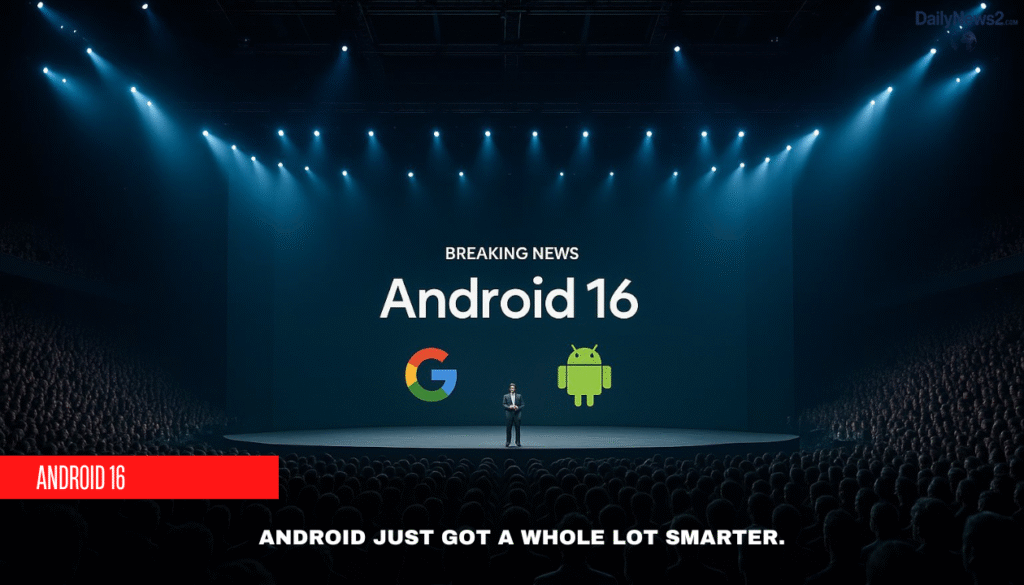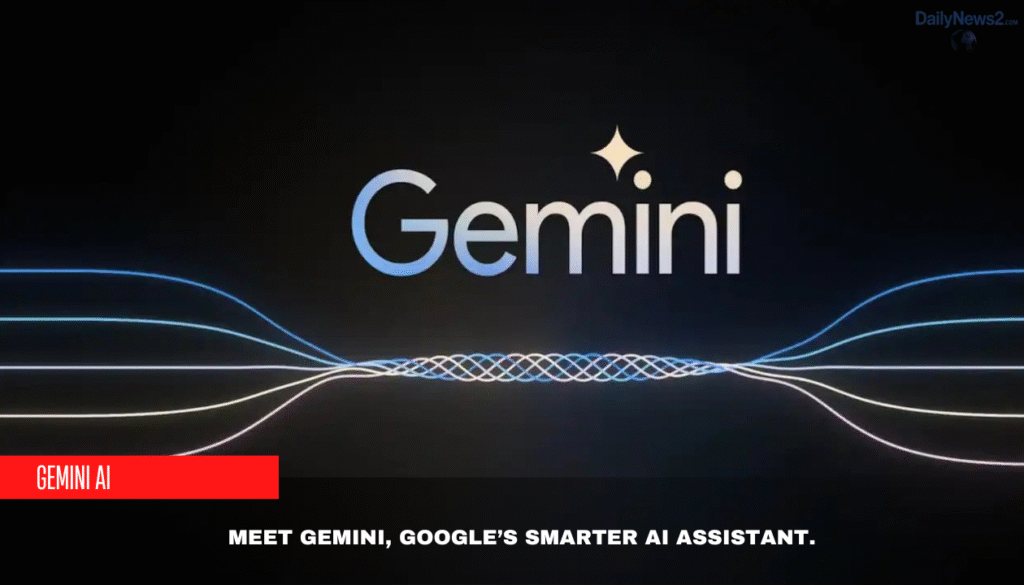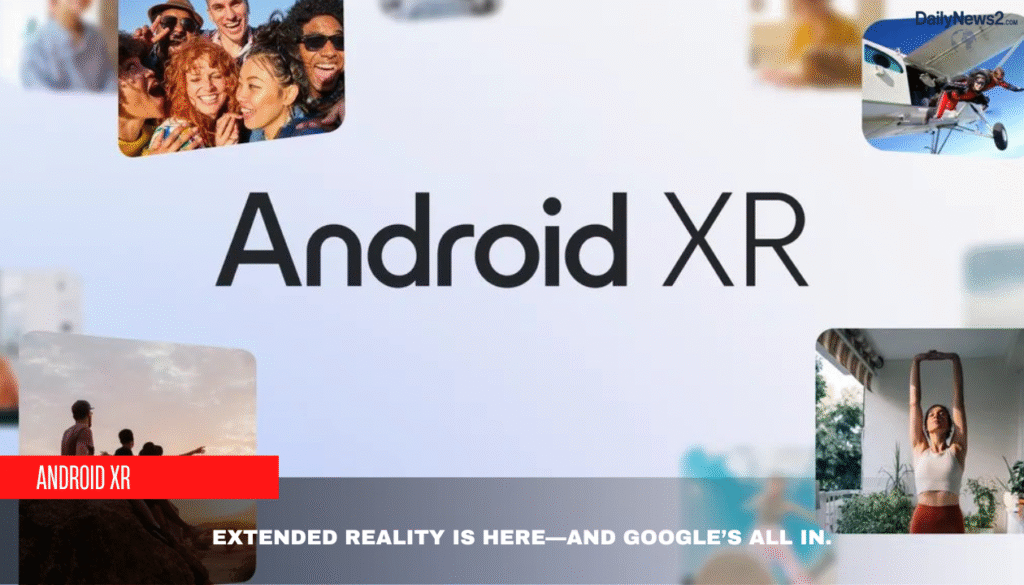At this year’s Google I/O 2025, the spotlight wasn’t on shiny new gadgets but rather on software, AI, and extended reality (XR). Google used its keynote to unveil a future where AI integration, platform redesigns, and user security are front and center. From Android 16 to Project Astra, this year’s event signals a clear shift in Google’s priorities—moving away from hardware launches and deeper into intelligent, connected experiences.
Main Highlights from Google I/O 2025

1. Android 16: A Major Redesign
Google unveiled Android 16 with its biggest visual and functional overhaul in years. The update brings a cleaner interface, more adaptive themes, and better battery management. Key features include:
- Enhanced multitasking tools for foldables and tablets.
- Contextual app suggestions powered by on-device AI.
- New scam protection features, like live call screening and suspicious link alerts.
- Lockdown Mode designed for high-risk users (e.g., journalists, activists), disabling sensors and limiting data access.
2. Wear OS 6: Smarter, Sleeker
Wear OS 6 follows the same redesign philosophy, with a more intuitive UI and tighter integration with Android and Gemini AI. Google promises:
- Faster app performance.
- Smarter health tracking.
- On-wrist AI summaries from Gemini.

3. Gemini Everywhere
Google expanded Gemini, its AI assistant, to more parts of its ecosystem:
- Deep system-level integration in Android, Wear OS, and Chrome.
- Smarter context recognition for personalized responses.
- In-line AI help in apps like Gmail, Docs, and Messages.
4. Project Astra Preview
Perhaps the most exciting moment was the preview of Project Astra, Google’s vision for advanced, multimodal AI. Astra aims to interpret visual, audio, and contextual data in real time—creating AI that can see, hear, and reason with users more naturally. Though still in preview, Astra hints at the next evolution of Gemini’s capabilities.

Extended Reality (XR) and Project Moohan
While no new smart glasses were revealed, Android XR and Project Moohan made an appearance. Moohan, a Gemini-enabled XR platform, is being developed in collaboration with Samsung and is expected to launch later this year. It aims to power immersive XR experiences that go beyond entertainment—think productivity, navigation, and real-world AI assistance.
No New Hardware—And That’s the Point
In a departure from past I/O events, Google didn’t announce new Pixel or Nest hardware. Instead, the company underscored its transition to a software-first, AI-led strategy. With generative AI and XR experiences poised to redefine how we interact with devices, Google is clearly investing in the ecosystem before the hardware.
In Crux
Google I/O 2025 sets the tone for a smarter, more responsive digital future. Android 16 and Wear OS 6 refresh the foundations, while Gemini and Project Astra push the envelope of what AI can do. XR is gaining ground too, making it clear that Google’s future lies not in more devices—but in more intelligent experiences.





